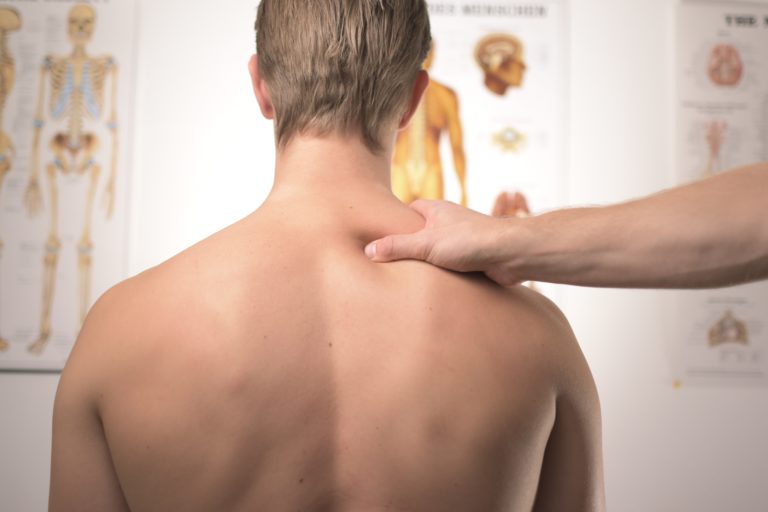Most think of acupuncture in relation to conditions such as arthritis, neck pain, migraines, knee pain, and joint issues to name a few. But did you know this alternative medicine can be used to treat health problems beyond these commonly seen aches and pains?
In 2003, the World Health Organization listed the following conditions for which acupuncture has been shown to be effective: gastritis/irritable bowel syndrome, menstrual cramps, asthma, chemotherapy-induced nausea, allergic rhinitis, high and low blood pressure, morning sickness, and induction of labor. Other research suggests that this traditional Chinese medicine can act as a means of immune system support for patients as well as an adjunctive therapy for addiction recovery. It has been used to treat side effects caused by anxiety, depression, stroke, and insomnia, and has even been known to aid in the improvement of infertility.
One of the best aspects of acupuncture is that it is a very natural and flexible form of intervention. As mentioned in one of our previous articles, acupuncture works with your internal healing resources rather than introduce new and foreign substances to the body. Because of this, it can easily be added to an existing treatment regimen. It works well in conjunction with other therapies like massage, chiropractic, physical therapy, psychotherapy, and herbal remedies or supplements. It can even be added to a medication regimen because there is very little risk of adverse interactions caused by acupuncture. The practice even complements other alternative health practices such as yoga, Tai Chi, Qi Gong, and meditation. And of course, acupuncture can do wonders in conjunction with regular, traditional exercise and a healthy diet.
If you think acupuncture is just for treating physical aches and pains every now and then – think again! If you struggle with one or more of the health issues mentioned, consider talking with a qualified health professional about how you can incorporate acupuncture into your current health and wellness plan.



